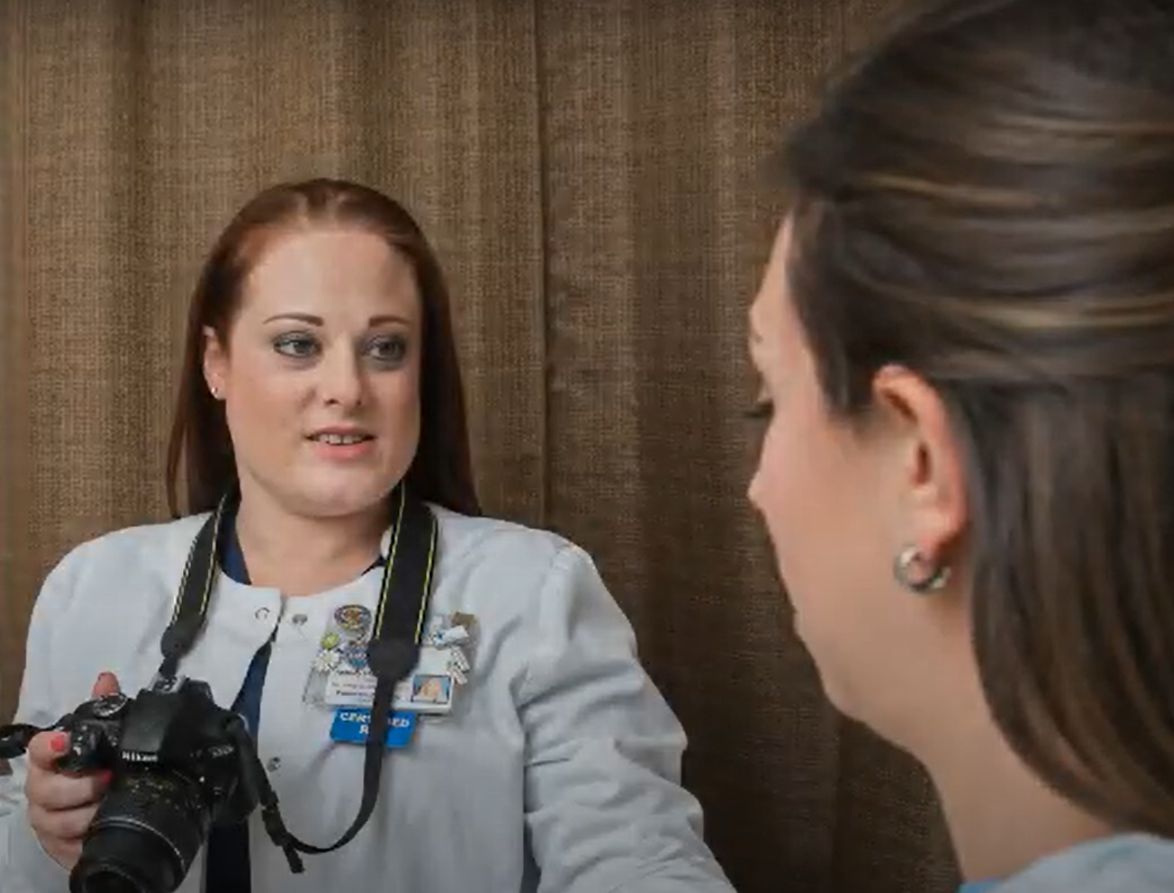WHERE health and legal systems intersect
Who Are Forensic Nurses?
Forensic nurses provide specialized healthcare to patients who have experienced violence or trauma. Forensic nurses holistically address the acute and long-term health consequences of violence, while strengthening the criminal justice response.
WHERE health and legal systems intersect
Who Are Forensic Nurses?
Forensic nurses provide specialized healthcare to patients who have experienced violence or trauma. Forensic nurses holistically address the acute and long-term health consequences of violence, while strengthening the criminal justice response.
What is Forensic Nursing?
Forensic Nursing, as outlined in the Forensic Nursing: Scope and Standards of Practice, is the practice of nursing globally when health and legal systems intersect.
Worldwide Health Warriors
Why Forensic Nursing?
Victims of violence and abuse require care from a healthcare professional who is trained to treat the trauma associated with the violence they have experienced — be it sexual assault, intimate partner violence, child abuse or neglect, human trafficking or other forms of intentional injury.
Forensic nurses are also a critical resource for anti-violence efforts. They collect evidence and give testimony that can be used in a court of law to prosecute perpetrators who commit violent and abusive acts.
What is a Forensic Nurse?
A forensic nurse is a Registered or Advanced Practice Nurse who has received specific education and training. Forensic nurses provide specialized care for patients who are experiencing acute and long-term health consequences associated with victimization or violence.
Forensic nurses also gather evidence from victims during trauma-informed exams. In addition, forensic nurses provide consultation and testimony for civil and criminal proceedings relative to nursing practice, care given, and opinions rendered regarding findings. Forensic nursing care is not separate and distinct from other forms of medical care, but rather integrated into the overall care needs of individual patients.
Forensic Nurses Stories

Kalen Knight

Annie Boatright

Ashley Stewart


